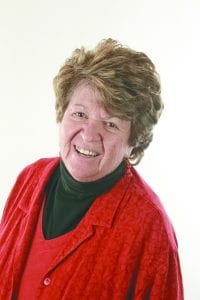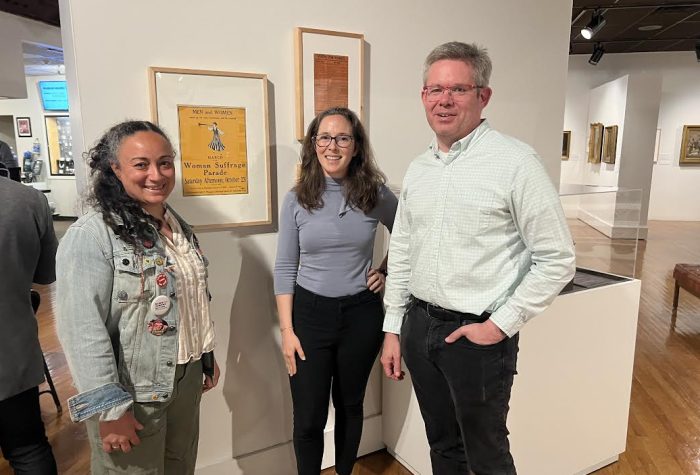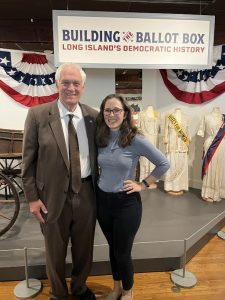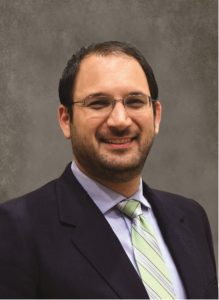By Leah S. Dunaief

Publisher
It wasn’t easy getting to The Big Easy last Thursday. On our way to my youngest grandson’s graduation from college, we were leaving from JFK in the afternoon, and there were delays all along the way. Even after we finally got to the departure gate and onto the plane, we were held on the tarmac for almost two hours, taxiing from runway to runway, until the pilot was given the signal to take off.
A consolation was the relatively smooth three-hour flight. The ride to the hotel, in the dark, took about half an hour and was made pleasant by an interesting driver. Originally from the Ukraine, he filled us in on his immigration tribulations and his family’s situation back home. Although hungry when we arrived, we were more exhausted and fell right into bed.
We were well rewarded the next morning. One by one, with lots of hugging, the family connected with us at the Bearcat Cafe, one of the best breakfast restaurants I have ever had the pleasure of eating in.
Now, New Orleans does have a fine reputation for eateries, so perhaps I shouldn’t have been surprised. The clever pairings of offerings, the way the dishes were prepared and the joyful manner of the wait staff in serving us were unparalleled. So if you find yourself in NOLA, you know where to go to start your day in fine style.
We returned to the hotel and changed for the first of the two graduation ceremonies. Did I mention the heat? Yes, we knew it would be hot in Louisiana, and it didn’t disappoint. It was both oppressively hot and humid for me. I should explain that I am generally more comfortable in the cold, so I hastened from one air conditioned location to the next, where it was often too cold for some. But those were the extremes of the city.
The ceremonies were in Caesars Superdome, which was both huge and cool. We took our seats high above and far from the stage, and watched the graduates file in like ants below, wearing their black robes and caps, as jazz music played. Each student’s name was called, and he or she in turn walked across the stage to shake the hand of the patient college official. We waited with interest to hear how our name would inevitably be mangled, a common consequence at all family graduations. Surprisingly, it was not. All the visitors did their best to utter loud, congratulatory cheers for their graduating loved ones, and we made sufficient noise to be heard by our grandson as he accepted his diploma.
The second ceremony, for the entire university, was not until the following night, and so we had time to explore the city. Several of us had been there before, so we passed up Bourbon Street, although I made sure to enjoy a beignet at the branch of Cafe du Monde on the Riverwalk. Instead, we went to The Fly along the bank of the Mississippi River, sat in a small gazebo, and watched the muddy waters rush by.
The River was almost two miles across at that point, and several tankers and tug boats traveled stately past in either direction. It occurred to me that I had never seen the Mississippi before, and since I had just recently finished reading “James,” a highly decorated novel that is a take off on “Huckleberry Finn,” the scene was populated by Mark Twain’s characters in my imagination. Additionally, several residents were cooking crawfish nearby in a big kettle, and the smells were delightful. They offered us a taste, in that polite Southern fashion; the crustacean was too spicy for me.
Also spicing up the trip was the news of 10 escaped prisoners, five of whom have now been recaptured. One was found in a fancy hotel, clearly a man of good taste.
We did drive through the Garden District, impressed by the historic homes, and we viewed the house in which our grandson lived near the campus. We left the city and its bananas foster reluctantly, for there was much more to see.



























































